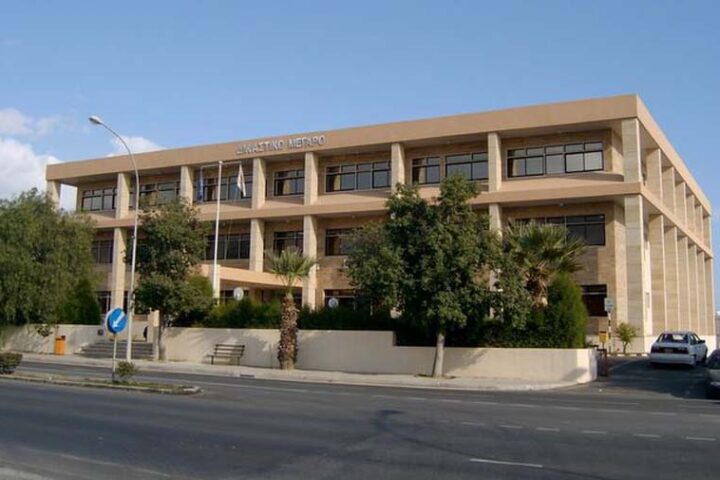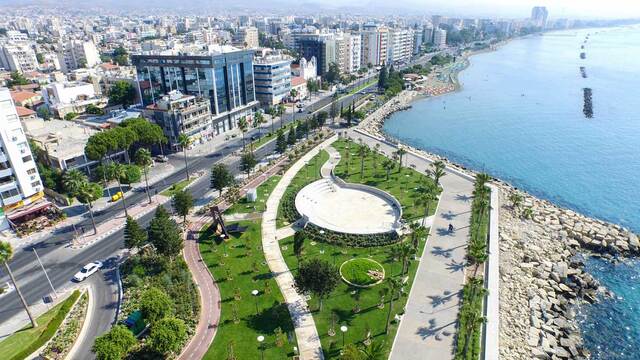-
UK expats suffer collateral damage, as permanent residency criteria tightened
UK and other non-EU pensioners eyeing a retirement home in Cyprus need to rethink their plans as authorities have raised the bar for permanent residence permits.
The government has tweaked regulations by tightening criteria for residency permits, in a bid to comply with EU anti-money laundering directives, with expats seen as suffering collateral damage.
The changes, announced on Friday by the Interior Ministry, come amid a surge of demand from retirees from the UK, Israel and Germany, with real estate agents worried the government’s plans will endanger a mini-bubble in the sector.
Changes, include a hefty increase of 66% on the insured annual income an expat retiree must have to apply for the fast-track procedure.
An expat planning to retire to the island will now need proof of EUR 50,000 income per year, up from 30,000 before the changes.
The annual income is increased by EUR 15,000 for a dependant spouse and EUR 10,000 for each dependent minor.
Authorities have also introduced the requirement for health insurance, which raises the bar even higher, as an expat retiree will need to dish out several thousand euros for medical cover.
The main requirement for the scheme sees expats investing EUR 300,000, which could go towrds the purchase of a newly constructed home.
“The underlying purpose behind these changes is to protect the integrity of the regulations, thus further safeguarding its continuity and securing the country’s reputation,” said the Interior Ministry, announcing the changes.
The changes take effect as of Tuesday, May 2, 2023 and will probably make life difficult for expats eyeing a retirement home in one of the island’s coastal towns, attracting thousands of retirees over the years.
“This could endanger the boom in demand we have seen in recent months for property in the coastal areas, especially Paphos,” said Esme Palas, Barrister at Law, Partner at Michael Kyprianou and Co LLC in Paphos.
“Word got out that the government had been preparing to change the criteria for the permanent residency permit through investment scheme earlier last week, and we have already received tens of calls from concerned expats,” said Palas.
Clients pull out
Talking to the Financial Mirror, the Paphos based barrister said that their firm has been told by clients who were ready to purchase property in the district, that they would have to pull out as they do not meet the new criteria.
“Furthermore, we were not informed of these changes, which come into effect in just a few days.
“This has resulted in stakeholders on the island having to inform their clients of the new requirements, which they may not be able to meet,” said the barrister.
“They are concerned, as many of these people rely on selling property they own back in the UK, and on their pensions.
“Many people may have money in the bank to back a property purchase, but do not have a yearly income to meet the new higher criteria,” said Palas.
Real estate agents in Limassol and Paphos are reporting the highest demand from foreign buyers and Cypriots for homes since 2020 when the government ended the disgraced citizenship for investment scheme.
According to Land Registry data, overall, during 2022, a total of 5,928 properties across Cyprus were acquired by foreigners, compared to 3,691 during 2021, representing a 61% increase.
Approximately 57% of properties acquired by foreigners during 2022 relate to non-EU buyers (2021: 50%, 2020: 61%).
All Cyprus districts recorded YoY increases during 2022, in terms of the number of properties acquired by foreigners, with Paphos and Limassol experiencing the most notable increases (79% and 78% respectively), followed by Larnaca (55%).
Impossible
Retired UK expat and property analyst Nigel Howarth told the Financial Mirror that the new criteria will make things impossible for British expats to retire on the island.
“With the new criteria I don’t see many UK expats being eligible to make the move to Cyprus, as very few retirees have a pension of EUR 50,000,” said Howarth.
“Me and my wife have been here long enough to know that a couple does not need EUR 65,000 a year to make ends meet in Cyprus,” said Howarth.
He added that the demand for private health insurance, raises the bar even further as not many insurance companies will be willing to insure retirees who are in their golden years.
As he said, he and his wife pay several thousand euros year for a private medical insurance policy.
The requirement for private health insurance is for applicants when they first submit their application. The procedure foresees that they are initially given a temporary residence permit for a few months before their application is processed.
Once approved, investors acquiring a permanent residence permit are included automatically in the country’s General Health Scheme (GHS).
Howarth continued that he had personally contacted the authorities in Spain to inquire over the local investment for residency scheme.
“The Spanish authorities said that they are not asking British retirees to meet any additional criteria, that did not apply to them before Brexit,” said the veteran property analyst.
“This means that the island will be losing out to competitors, as it will only be attractive to the ‘caviar brigade’ of retirees,” he concluded.
Meanwhile, government sources told the Financial Mirror that expats eyeing a temporary residence permit will also be in for surprises, as authorities are eyeing to increase in income criteria for the scheme by 32%.
Currently, a couple retiring to the island will need proof of EUR 28,800 income per year.
According to the government source, the competent authorities are mulling over increasing the criteria to EUR 37,000.










